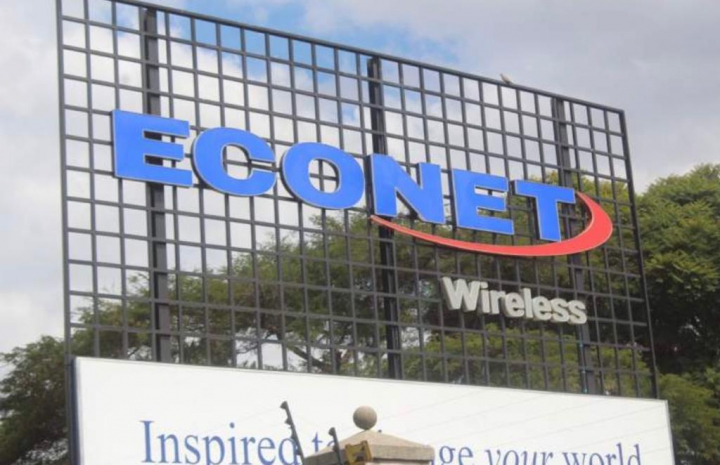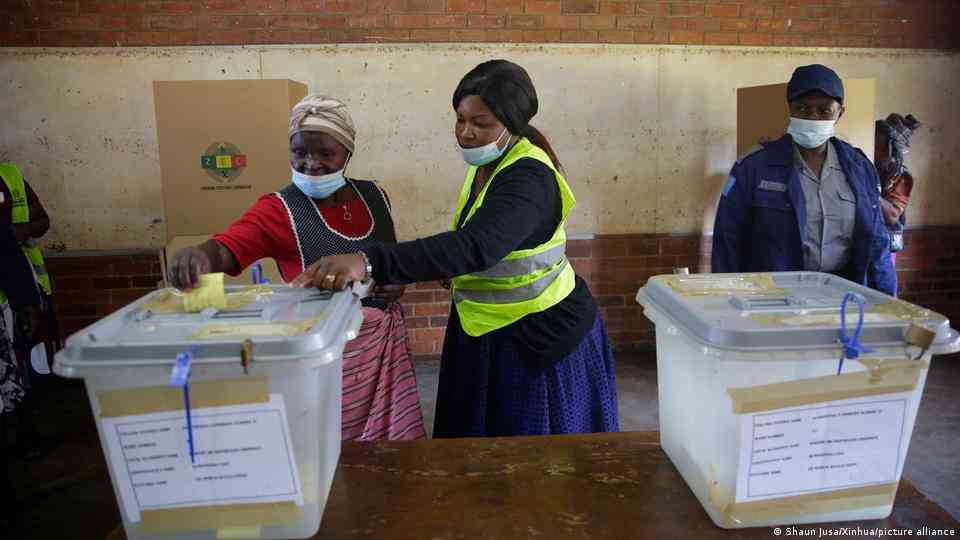
BY TATIRA ZWINOIRA
Zimbabwe’s telecommunications firms desperately want to increase tariffs to counter rising costs stemming from the huge gulf between the official exchange rate and the one prevailing on the parallel market which many believe to be more indicative of the developments on the market.
On the other hand, consumer rights bodies have warned against an increase in mobile tariffs citing low disposable incomes in a depressed economy.
In Econet Wireless Zimbabwe (EWZ)’s financial statement for the year ended February 28, 2021, released last week, the country’s largest mobile operator called for a tariff increase citing inflationary pressures.
However, for a populace now more reliant on communication and internet usage due to the COVID-19 restrictions on movement such a tariff increase would hurt consumers since just over half the population is rated extremely poor.
Further, Zimbabwe already has the highest data charges in the region, one of the highest on the continent and ranks highly globally. Thus, a hike in mobile tariffs is sure to add more the cost of living of consumers.
“I am not sure inflation would justify increases because the information we are getting from the Reserve Bank of Zimbabwe (RBZ) is that inflation is going down on a month-to-month basis. So, one wonders which particular indices in terms of inflation that they (mobile operators) are using to justify an increase tariffs,” Consumer Council of Zimbabwe (CCZ) chairperson Phillip Bvumbe told the paper in a phone interview.
“I don’t think any increase at this stage will be justified given the COVID-19 restrictions. I think it is unfortunate that Zimbabwe doesn’t not have what we call a gouging act. A gouging act takes into account the environment in which you are operating and during that period increases are then restrained in order to make your services affordable to everyone.
- Chamisa under fire over US$120K donation
- Mavhunga puts DeMbare into Chibuku quarterfinals
- Pension funds bet on Cabora Bassa oilfields
- Councils defy govt fire tender directive
Keep Reading
“So, in terms of that, those that are calling for increases need to take into account that data is no longer a luxury but an essential service to everyone and hence the need to be cautious in the manner in which increases are to be made.”
He said such a move could become inflationary.
“When you look at the ordinary person on the ground, people who are going to work and companies also that are operating offsite using virtual communication networks for their business to continue, it would be a very big cost for most individual consumers and companies,” Bvumbe said.
The continued disconnect between the official and parallel forex markets where the rate of latter is now double that of the former is driving inflation.
Currently, the official forex rate stands at US$1:85,74 while the parallel one is US$1:165.
The difference between the official and parallel forex rates is further being compounded by difficulties in sourcing foreign currency as the forex auction has been called “inadequate” by most businesses.
As a result, the cost of doing business in Zimbabwe is rising as most companies are forced to source foreign currency from the parallel market. Thus, mobile operators want to raise tariffs to a level that is commensurate with the parallel market rate to cater for maintenance and servicing costs of their infrastructure as well as sourcing supplies that require foreign currency.
But, while Zimdollar tariffs are cheap for companies when converted to the US dollar, it is extremely expensive for consumers.
This is because the majority of Zimbabweans are living below the poverty datum line of US$29,80 per month which is being caused by shrinking disposable incomes, surging cost of living and a weakening Zimdollar that is eroding wages.
“There is no question that the mobile tariffs are already high in Zimbabwe, among the highest, so there is absolutely no need or justification for any mobile company or service provider to propose or raise the tariffs,” National Consumer Rights Association co-ordinator Effie Ncube said.
“They are already making a killing out of very poor consumers and not only that, the other challenge is that we do not have quality service. Most of the time you will be having your data but won’t be able to use it because of poor service or connectivity. You will have the money to call but you won’t be able to connect because of poor service.
“So, instead of them calling for a rise in tariffs, what they should be concentrating on is utilising the immense profits that they have been making over many years to improve the quality of the service they are providing.”
Zimbabwe Internet Service Providers Association chairperson and Zimbabwe Information and Communication Technologies chairman, Jacob Mutisi said one way to address the tariff question while not hurting consumers was dollarisation.
“I think the basic strategy and the basic idea is that in the mind of the consumer, everything should dollarise and in the mind of the service provider they should dollarise. This thing of moving — I call it a five-year cycle whereby every five years if you think about it, we are changing from Zimbabwe dollar to US dollar,” he said.
“Then, halfway through, we change back to the Zimbabwe dollar. It is a cycle that is coming back and I think it should be common sense for the RBZ as the regulators of forex to say: ‘It makes sense to have a multicurrency economy’.
“Not a situation whereby we are imposing a Zimbabwe dollar on the general public. Go into a shop, if you ask the price of something a person first tells you the price in US dollar, never in Zimbabwe dollar, you know what I mean because in the mind of the consumer everything is now dollarised and it should be automatic.”
He said consumers should dollarise everything they do and that service providers do the same which would force a full dollarisation and not the pseudo one currently prevailing on the market. A dollarised market would be less inflationary and would reduce the price impact for consumers especially if employers start paying their employees in foreign currency.
- The article first appeared in the Weekly Digest, an AMH digital publication
- Follow Tatira on Twitter @tati_tatira










